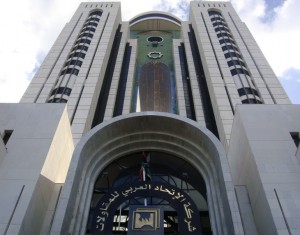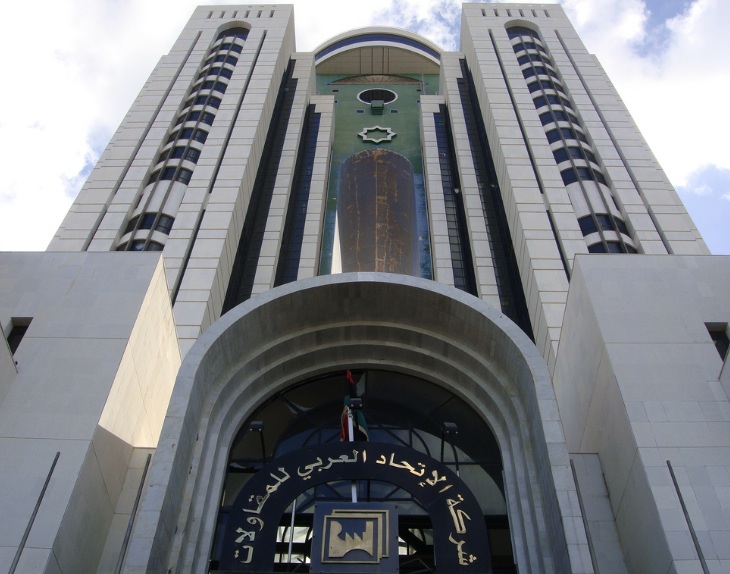By Hadi Fornaji

Tripoli, 28 January 2013:
The UK’s Foreign Office said this evening that it believed the British embassy in Tripoli may . . .[restrict]be facing a terror attack.
In a terse statement issued in London a spokesman said : “The Foreign office is aware of a potential threat to the British embassy and is liaising with the Libyan government. There is no change to our travel advice. We still recommend against all but essential travel to Tripoli.”
Even before last Thursday’s warning from the British government that all UK citizens should quit Benghazi and avoid Libya unless their journey was unavoidable, there had been strong rumours that an attack on some “high value” target was imminent in Tripoli in the run-up to the second anniversary of the 17 February Revolution. The speculation was that the attack would be aimed at a Western embassy or places frequented by foreigners, including hotels.
Last June, the former British ambassador Dominic Asquith was unharmed when his vehicle was attacked in Benghazi, although a member of his security detail was injured. Then came the murder of US ambassador Chris Stevens and three colleagues during the 11 September assault on the US consulate in Benghazi. This event shocked the people of the city into widespread protests against militant Islamists, accused of the crime. Then earlier this month, there was an attempt the assassinate Guido de Sanctis, the Italian Consul-General in the city. As a result, the Italians closed their mission in Benghazi temporarily.
The British embassy is now housed in the prestigious Tripoli Towers. The Canadian embassy is also in the building, as is the Maltese government commercial office. Other tenants include airlines and top international firms including lawyers and accountants. [/restrict]








